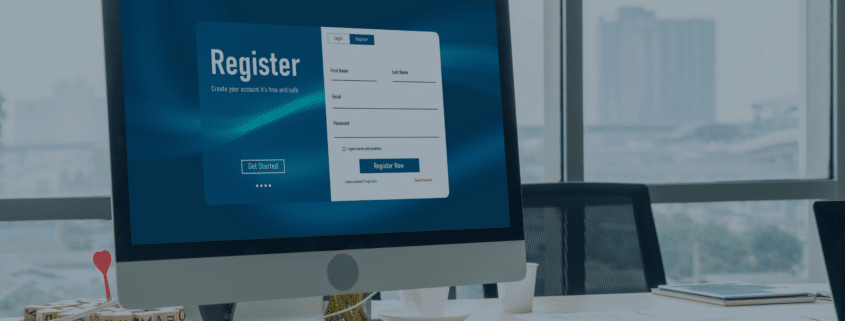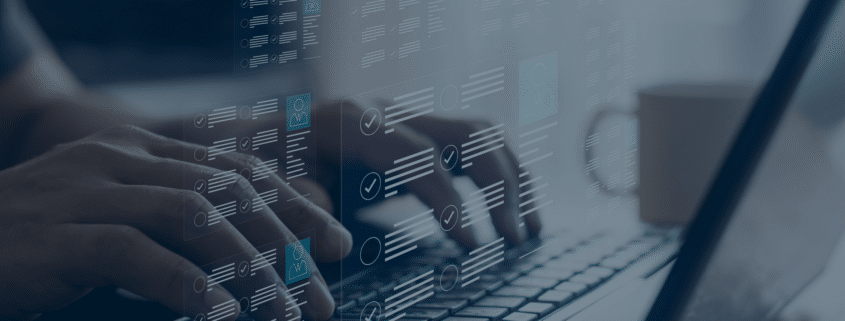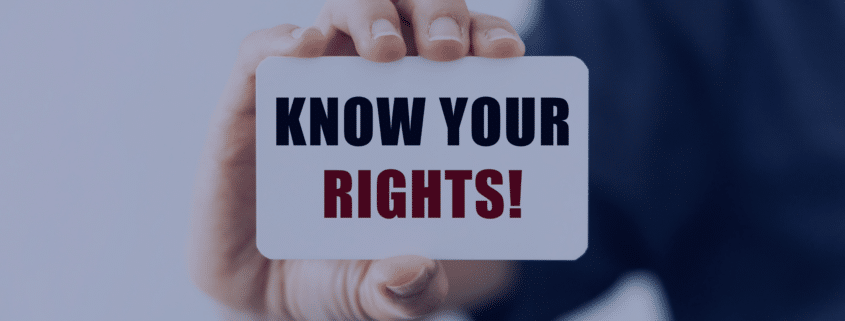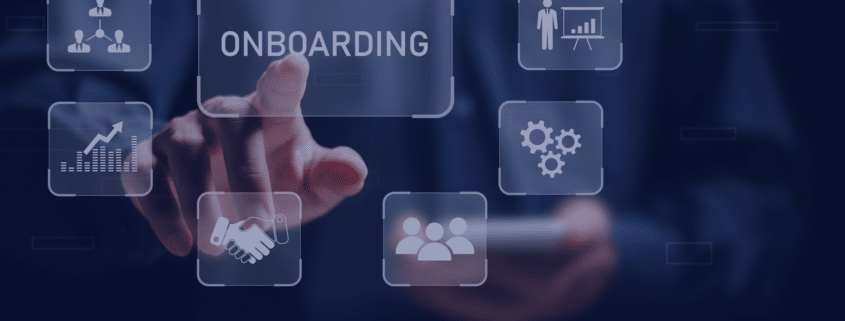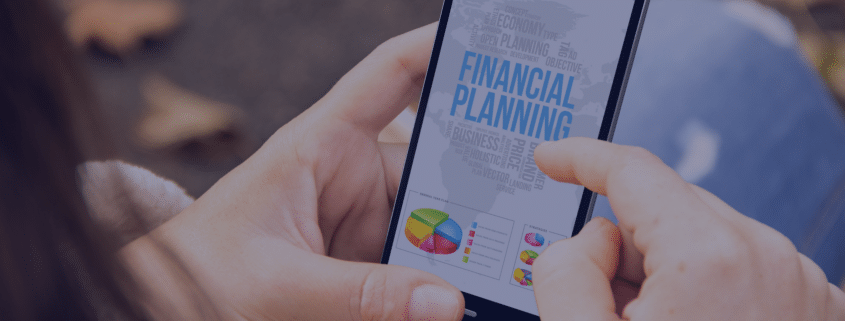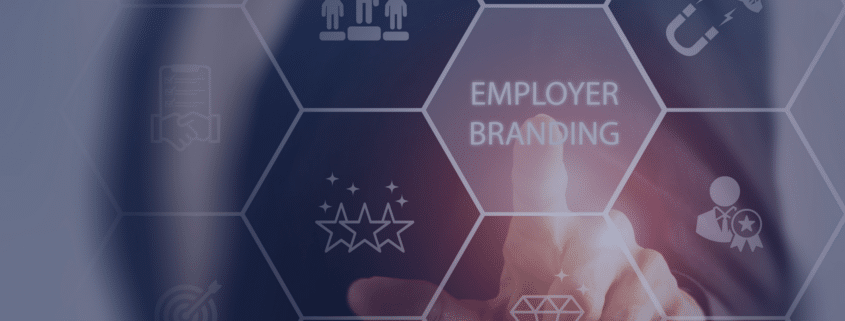How to Register with a Recruitment Agency: A Step-by-Step Guide
Recruitment agencies can be powerful allies in your job search, helping you navigate through the often-complex job market. They act as a bridge between employers looking for top talent and job seekers aiming to land their ideal positions. Whether you’re new to the job market or considering a career change, understanding how to register with a recruitment agency can significantly enhance your job prospects. Here’s your comprehensive guide to getting started using outsourcing solutions, including how to register specifically with MASA’s agency.
Understanding Recruitment Agencies
Before diving into the registration process, it’s crucial to understand what recruitment agencies do and how they can benefit your job search. These agencies work with multiple employers across various industries, giving you access to a broader range of job opportunities.
Step-by-Step Guide on How to Register with a Recruitment Agency
Step 1: Research Potential Agencies
Begin your journey by pinpointing recruitment agencies that have a strong presence in your specific industry. Use online platforms like LinkedIn, industry forums, and even job boards to find agencies known for their expertise in fields like IT, engineering, healthcare, or whatever your specialisation may be. Check reviews and testimonials to gauge their effectiveness and reputation. This strategic approach ensures that the agency you choose has the network and knowledge necessary to align with your career aspirations and help you secure a position that best matches your qualifications and interests.
Step 2: Prepare Your Documents
Organising your documentation is a critical next step. Update your resume to reflect your most current experiences and skill set, ensuring it aligns with the type of roles you’re targeting. Gather your academic records, proof of identification, professional licences, and any certifications that validate your expertise. Scan these documents to create digital copies, as most agencies will request submissions via email or an online application system. This preparation demonstrates your professionalism and readiness, making the registration process smoother.
Step 3: Craft a Compelling CV and Cover Letter
A well-crafted CV and cover letter set the stage for your introduction to a recruitment agency. Your CV should clearly outline your professional history, educational background, and key accomplishments. Customise your cover letter to address the specific agency, detailing why their expertise is critical to your job search and specifying the types of roles or projects you are seeking. This personalised touch shows that you are informed and genuinely interested in partnering with them.
Step 4: Submit Your Application
Navigate to the chosen recruitment agency’s website and locate the careers or registration section. Here, you’ll often find detailed instructions or an application form where you can upload your CV, cover letter, and other pertinent documents. If the agency offers multiple submission methods, such as in-person appointments or direct email options, choose the one that best suits your needs. Ensure that all information is accurately entered to avoid delays in your application being processed.
Step 5: Attend the Initial Interview
If your application captures the agency’s interest, they will invite you for an initial interview. This interview is an opportunity to make a strong personal impression and discuss your professional background and aspirations in depth. Approach this as you would any formal job interview: dress professionally, practise your responses to common questions, and prepare a few questions of your own about the agency’s client base and your potential roles. This proactive engagement shows your commitment and enthusiasm for the opportunities ahead.
Step 6: Stay Engaged
Once registered, actively maintain communication with the agency. Update your consultant on any new skills acquired, changes in your job preferences, or shifts in your availability. Regular check-ins via email or phone can help keep your profile active and at the forefront when suitable job openings arise. This ongoing engagement is crucial as it demonstrates your continued interest in finding a new position through the agency and can often lead to quicker placement in suitable roles.
Following these detailed steps not only prepares you for how to register with a recruitment agency but also enhances your chances of making a successful connection with one that can genuinely help advance your career.
How to Register with MASA’s Agency
MASA’s agency offers specialised staffing solutions across various sectors, tailored to meet the needs of job seekers from different professional backgrounds. Here’s a straightforward guide to help you register with MASA’s agency:
1. Visit the Website
Start your registration process by navigating to MASA’s official website. Once there, direct your attention to the “Jobseekers” section prominently displayed on the top of the site.
2. Choose the Right Category for Your Needs
You’ll find three distinct categories to choose from, each designed to cater to different levels of skills and experiences.
Unskilled/Semi-skilled
This category is ideal for general workers such as packers, pickers, cleaners, and drivers, as well as those who are new to the job market. Submitting your CV here will forward your profile to our Temporary Employment Services division, which often provides temporary or seasonal placements that could potentially lead to permanent employment.
Skilled
If you possess specific skills and experience in a particular area, select this option. Your CV will be entered into our database, making it accessible to our recruitment consultants when matching candidate profiles with client vacancies. It’s important to only select this option if you have relevant skills and experience, as your CV is less likely to be considered for positions that require specific qualifications or expertise.
Search Jobs
Use this option to browse through our current job listings. While not all vacancies, especially temporary ones, are advertised, browsing available positions might provide a direct opportunity to apply.
3. Submit Your Details
Depending on your chosen category, the process to submit your details will vary.
– For Unskilled/Semi-skilled and Skilled, locate either the “Contact Us” section for email submissions or the “Submit Your CV” section on the website. When uploading your CV, ensure it is in WORD or PDF format and does not exceed 4MB.
– If you chose “Search Jobs”, you will be redirected to our “Search Our Latest Jobs” section. Here, you can use filters to find specific jobs by industry or location. If nothing currently matches your profile, we still encourage you to submit your CV so that we can contact you for future opportunities that align with your qualifications and experience.
4. Schedule an Interview
After reviewing your submitted documents, if a suitable vacancy arises that matches your qualifications, MASA’s team will reach out to schedule an interview. This step is crucial as it allows both parties to discuss your career objectives and potential job opportunities in detail.
5. Feedback and Job Matching
Post-interview, wait for feedback from MASA’s consultants. They will contact you to inform you about the status of your application. If successful, they will discuss the next steps and how they plan to assist you in matching with the potential employers.
By following these simple steps, you can effectively register with MASA’s agency and take a significant step towards finding your next job opportunity.
Take Your Career Forward with MASA
Embarking on a journey with a recruitment agency like MASA not only simplifies your job search but also amplifies your chances of landing your dream job. MASA’s tailored approach to staffing solutions ensures that every candidate is matched with opportunities that resonate with their skills and experience.
Whether you’re just starting out, looking for temporary roles, or seeking specialised positions, learning how to register with a recruitment agency can open doors to new opportunities. Visit MASA’s website today to explore how our expert consultants can connect you with leading employers across the industry. Start your registration now, and let us help you navigate the path to your next great job opportunity.
Begin your journey with MASA and explore the myriad of opportunities that await. Your new career could be just a few clicks away!

